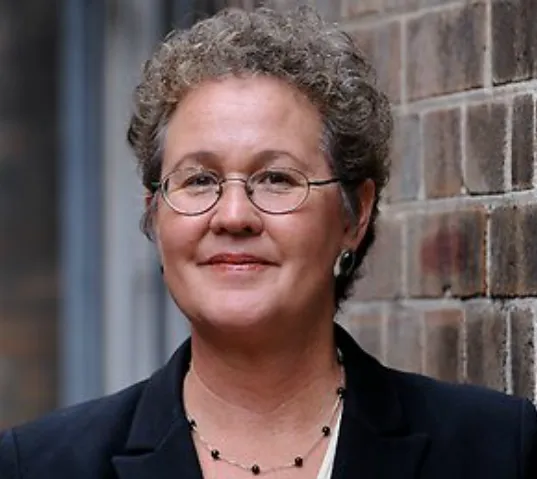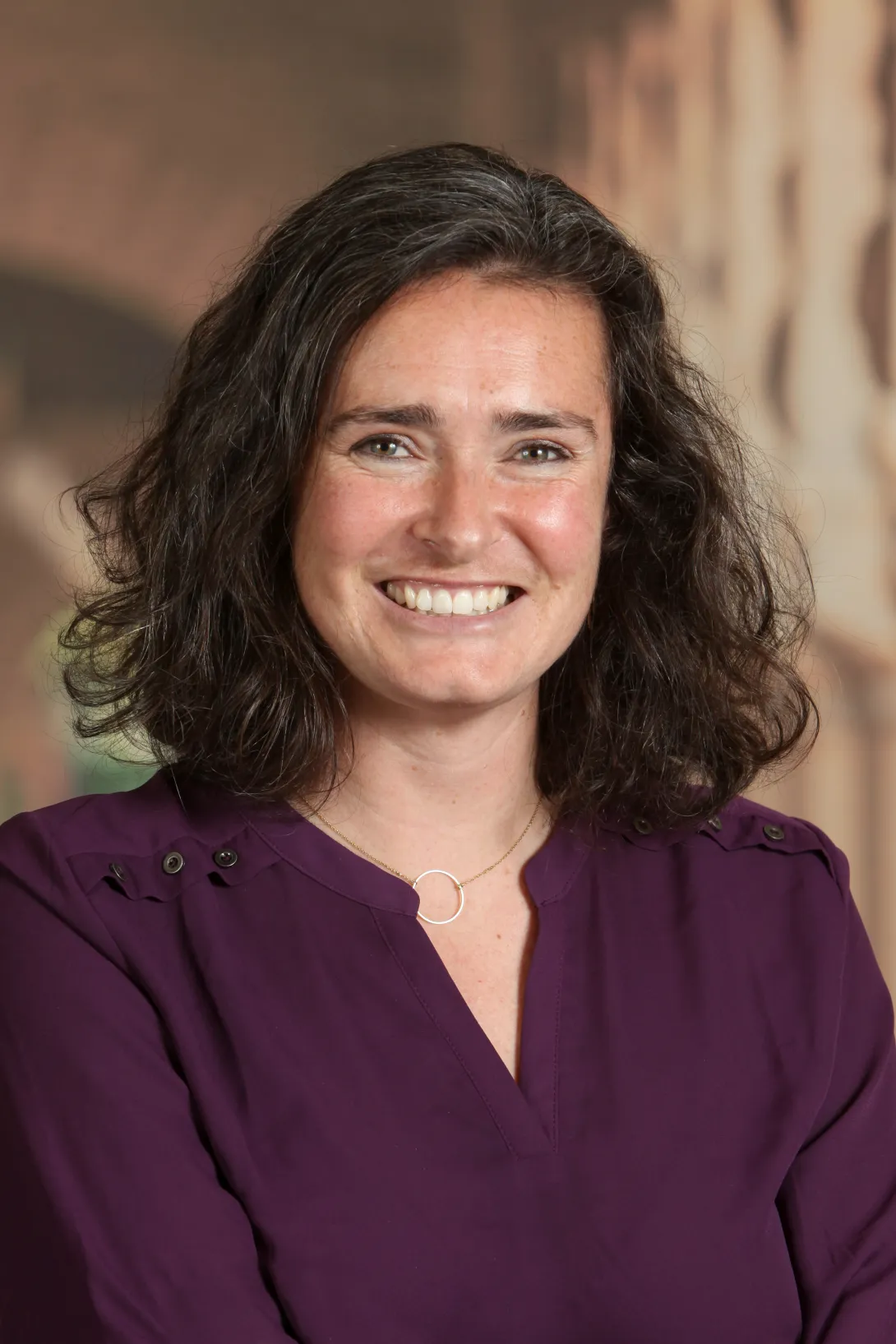
How a Stanford center is bringing the ‘gold standard’ in teaching within reach
Like many great ideas, the National Board Research Center (NBRC) started with a group of people, sharing a similar goal and values, in the comfort of someone’s living room.
In this case the living room belonged to Linda Darling-Hammond, the Charles E. Ducommun Professor Emeritus at Stanford Graduate School of Education (GSE). Those with her included GSE alum Misty Sato, PhD ’02, and the only six teachers in the San Francisco Bay Area at the time who had National Board Certification, now recognized as the gold standard among professional certifications available to educators.

Linda Darling-Hammond founded the NBRC at Stanford, which has helped more than 2,000 teachers through the national board certification process. (Photo: Barbara McKenna)
Darling-Hammond had helped to spearhead the new measure of teaching quality put forth by the National Board for Professional Teaching Standards in the late 1980s. About a decade later, when she had joined the GSE faculty and was helping to redesign the Stanford Teaching Education Program (STEP), she and Sato set out to increase the number of board-certified teachers in the region by establishing a way to support them through the certification process.
As the other board-certified teachers in the area came on board, word spread about the community they’d built. Their efforts grew and, with funding from the Hewlett Foundation, the NBRC was established at Stanford in 1998 as a center providing support, training, and community for educators seeking national certification.
“Once we got the ball rolling, you could go into CERAS [the Center for Education Research at Stanford] on a Saturday morning and see it full of teachers giving each other advice, sharing videos of their practice and really just improving the profession,” said Darling-Hammond, who is now the president and CEO of the Learning Policy Institute.

Alissa Fong is the current director of the NBRC. (Photo: Stanford Graduate School of Education)
A program with national reach
The NBRC, operated by the Stanford Center for Opportunity Policy in Education (SCOPE), has helped more than 2,000 teachers get certified. Currently, it helps an average of 300 teachers with the process each year.
The center — which employs 25 National Board Certified facilitators — supports teachers throughout the board certification process, which can take between one and three years to complete. Candidates looking to certify with help from the center either pay for it themselves or are in districts that cover the costs for their teachers; other cohorts are run with grant funding.
Programming includes online classes and instructional videos led by educators in and beyond the Bay Area, in addition to one-on-one meetings that address teachers’ individual strengths and weaknesses. Teachers seeking certification with support from the NBRC have access to other teachers working in their content areas throughout the country to discuss best practices, showcase their work, and give each other feedback.
“Since the pandemic, we’ve transitioned to being completely virtual,” said NBRC Director Alissa Fong, MA ’04, who is also a professional development associate and instructional math coach for the GSE’s Hollyhock Fellowship. “That gives us a more national reach to help teachers understand what accomplished teaching means, and help them see the strengths they already have.”
Prior to taking her role at NBRC in 2020, Fong — who is a National Board certified teacher and a STEP graduate — taught math in California public high schools for 11 years.
“When I started the board-certification process on my own, it just opened my eyes and gave me access to what math teaching could look like in other geographical regions and other pedagogies,” Fong said. “The experience influenced my decision to help lead NBRC so that other teachers could have what I did.”
Expanding access
The NBRC is currently teaming up with the California Teacher Association (CTA) and Center X, a center for educators at the University of California, Los Angeles, to create fully subsidized support for educators who are Black, Indigenous and People of Color (BIPOC). They are also working to expand access to national board certification for more educators in those communities by targeting regions where teachers need more support, and helping with financial incentives for teachers from “high priority” schools who seek certification.
“We are also really trying to target teachers who don’t have access to support programs or professional learning, so that means remote and rural teachers, and teachers in low-income communities,” Fong said.
It costs about $2,000 for submissions for National Board certification, she said. “So we also advocate at the local and state level so that teachers don’t have to pay that because the costs are prohibitive.”
Currently, the state of California supports teachers’ fees for board certification, and the benefits of national board certification extend beyond the teachers who receive it. While those who earn certification are later often tapped for leadership roles in education and administration, they’re also more likely to stay in classrooms longer and have students who perform better on standardized tests than those taught by teachers who aren’t certified, according to Fong.
One of the most significant advantages of getting support from the NBRC, she says, is building a wider professional community – and that includes candidates working outside of the classroom.
“What’s most unique about the NBRC is that it’s content-specific professional learning for all educators, counselors, school librarians,” Fong said. “The opportunity to work with people from multiple different sites and states, developing that personal and professional connection network, makes it even more special.”
Faculty mentioned in this article: Linda Darling-Hammond



